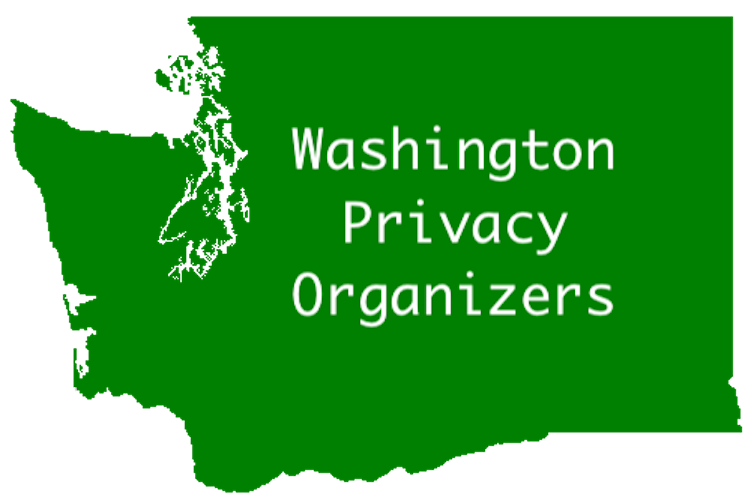Email sent to the members of the Washington State House of Representatives, February 15, about an op-ed published on February 14.
Speaker Jinkins, Minority Leader Wilcox, and Members of the House of Representatives,
I am writing in response to yesterday’s misleading op-ed published in the Seattle Times, where Michael Schutzler of Washington Technology Industry Alliance attacked HB 1850 and called on legislators to pass the three-times failed, industry-centered, Bad Washington Privacy Act (SB 5062).
As well as the bizarre closing argument that legislators should “stop looking to the past” and instead pass a bill that you’ve already rejected three times, this op-ed is filled with misleading and inaccurate statements, rooted in opinion, not fact. For example, the false claim that last year’s House improvements to SB 5062 were “uninformed” ignores the facts:
- House improvements like global opt-out and sunset to the anti-consumer right to cure to a single year had both already been adopted in California – and just a few months after last session, were adopted in Colorado.
- The Attorney General’s Office has stressed for years that adding a private right of action is necessary to protect Washingtonians’ rights.
Even when there is a kernel of truth to some of the points, misleading omissions attempt to distort reality. For example, while there is some truth to the arguments that Washingtonians today are not “in the privacy wilderness”, the op-ed fails to mention AG Ferguson’s point that SB 5062 would actually eviscerate current rights, as well as having a negative impact on the data privacy and security cases they are already bringing.
Inaccurate statements and misleading omissions often exist in the same paragraph. For example, it is completely untrue that the Bad Washington Privacy Act “is the foundation for law in 12 states”. The reality is that only Virginia and Colorado have adopted versions of this bill, and Colorado’s version included improvements like global opt-out and a sunset of a private right of action that are found in HB 1850 – and even goes further, by removing the non-profit exemption.
And just as importantly, this paragraph omits the crucial point from Reuters’ investigative report The Amazon lobbyists who kill U.S. consumer privacy protections:
“Amazon recently has widened its lobbying strategy to focus less on killing or neutering legislation it opposed and more on drafting favorable bills and getting them passed in friendly legislatures, a former public-policy employee said. That tack paid off in a big way this year in Virginia, where Amazon convinced Sen. David Marsden, a business-friendly Democrat, to introduce privacy legislation that the company had drafted.”
So while it’s true that the Bad Washington Privacy Act is the foundation for proposed legislation in a dozen states, this is more a testimony to Big Tech’s lobbying prowess than any calibration for the legislation. Big Tech Is Pushing States to Pass Privacy Laws, and Yes, You Should Be Suspicious, from The Markup , discusses this strategy in more detail.
These examples are only the tip of the iceberg, and I’ll follow up later this week with more detailed analysis. And I want to be clear that this should not be interpreted as support of HB 1850 in its current form; as I and others have said in our mail to the Appropriations committee, much of the text in the current version of HB 1850 is inherited from last year’s Bad Washington Privacy Act, so still needs to be strengthened significantly to provide meaningful privacy protections.
However, HB 1850 does have notable progress over SB 5062. So as you’re debating what to do in terms of the various legislative options on the table, I just wanted to highlight how misleading the arguments in the op-ed are. That said, I do agree with Mr. Schutzler’s perspective that legislators should stop looking to the past on the issue. That’s why we should reject SB 5062 and its problematic provisions and work to pass legislation that truly protects the privacy of all Washingtonians.
